Preventing the Spread of RSV:

It’s that time of year again. Respiratory Syncytial Virus (RSV) is a common virus that affects the respiratory system, particularly in young children, older adults, and individuals with weakened immune systems. While RSV often causes mild cold-like symptoms, it can lead to more serious illnesses such as bronchiolitis or pneumonia, especially in vulnerable populations. Preventing the spread of RSV is crucial, especially during the colder months when respiratory illnesses are more prevalent. Here are some effective strategies for minimizing the risk of spreading RSV.
1. Practice Good Hand Hygiene
Bring back the practices we learned through Covid. One of the most effective ways to prevent the transmission of RSV is through regular handwashing. RSV can survive on surfaces like doorknobs, toys, and countertops for several hours, so frequent handwashing with soap and water is essential. If soap and water aren’t available, alcohol-based hand sanitizers are a good alternative.
- Wash hands after coughing, sneezing, or blowing your nose.
- Always wash hands before touching your face or preparing food.
2. Avoid Close Contact with Sick Individuals
RSV is spread through droplets from coughs and sneezes, making close contact with infected individuals a significant risk factor. To protect yourself and others:
- Avoid kissing, hugging, or sharing cups and utensils with someone who has cold-like symptoms.
- Keep babies, especially those under six months, away from anyone showing signs of illness.
3. Disinfect Frequently Touched Surfaces
RSV can live on surfaces for hours, so cleaning and disinfecting frequently touched objects and surfaces can help reduce the risk of spreading the virus. Focus on high-contact areas such as:
- Door handles, light switches, countertops, and toys.
- Use a disinfectant that’s effective against viruses to clean these surfaces regularly, especially if someone in the household is ill.
4. Encourage Respiratory Etiquette
Teaching children and adults to cover their mouths and noses with a tissue or their elbow when they cough or sneeze is an important step in preventing the spread of RSV. Proper disposal of tissues and washing hands afterward is also crucial to limit transmission.
5. Keep Children Home When They’re Sick
If your child shows signs of RSV or any respiratory illness, such as a runny nose, coughing, or wheezing, keep them home from school or daycare to prevent spreading the virus to others. Adults should also stay home when experiencing cold symptoms to minimize exposure to colleagues or family members.
Conclusion
Preventing the spread of RSV requires diligence in hand hygiene, avoiding close contact with sick individuals, and regularly cleaning shared surfaces. By following these practical steps, families and caregivers can help reduce the transmission of RSV and protect vulnerable individuals from potentially serious respiratory infections.

Kathryn Davies
President Owner

Leave a Reply
You must be logged in to post a comment.